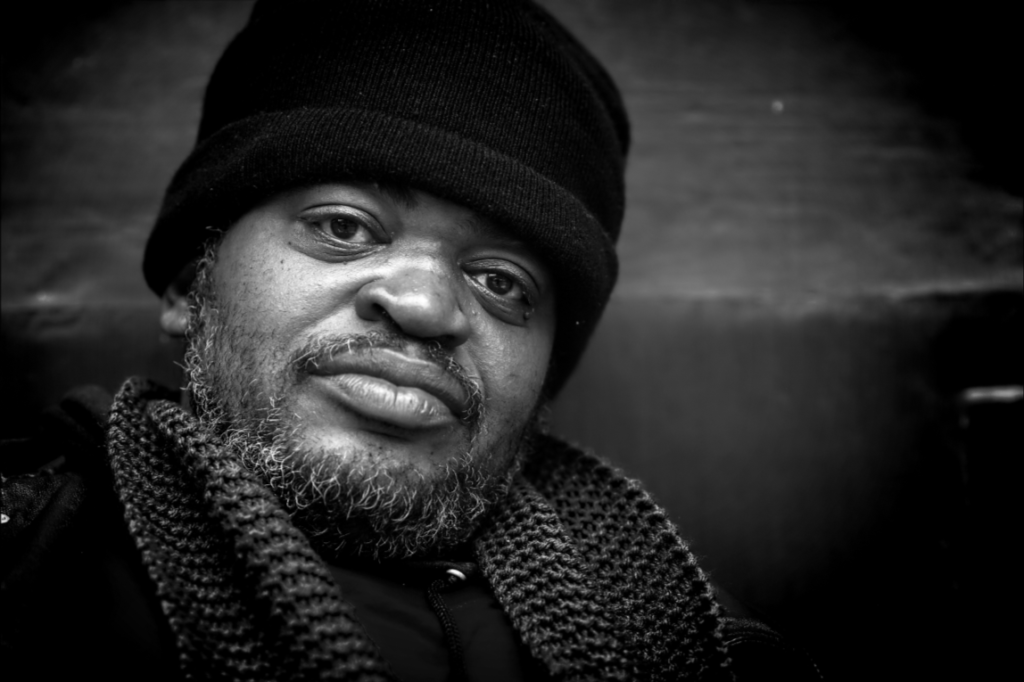
Most people will agree that feelings and or emotions are real including people of the African American community. This, however, is contrary to the way many Black people behave when it comes to mental and or emotional health. I have heard the quote “I was in my feelings” countless times from many African American people (myself included) in their attempts to justify inappropriate behaviors due to emotional reactions. And even still, if one admits to seeking emotional healthcare he or she is considered “crazy”. Although a wide range Black people acknowledge the presence of negative feelings and emotions as well of the effects there continue to be a limited number of African Americans seeking avenues to obtain emotional well-being.
As a young girl, I was molested and emotional health didn’t appear to be high on my mother’s priority list. I believe due to pure ignorance related to the importance of emotional well-being, my mother was more concerned with my physical health and her reputation. Current day, I can’t remember one conversation beyond the first two-week period during the initial reveal of the abuse. People always wondered why I was so promiscuous and open to sexual activities at such a young age. I guess it never dawned on the adults in my life that I had encountered a traumatic life event (molestation) as a child and that my emotions were injured due to this issue.
If a person fractures his or her leg it is a safe assumption to believe they will indeed go to the emergency room and allow for an x-ray, cast and even adhere to physical therapy even after the break is no more. Well, I would argue that injured emotions should be triage in the same fashion. If the following quote by Monnica Williams is remotely close to the truth; my view of those who acknowledge they have some emotional injuries, have the means and continue to go untreated is…..YOU Must be CRAZY….
African Americans share the same mental health issues as the rest of the population, with arguably even greater stressors due to racism, prejudice, and economic disparities. Meanwhile, many ponder why African Americans shy away from psychotherapy as a potential solution to challenges such as depression, anxiety, post-traumatic stress disorder, marriage problems, and parenting issues. (Williams, 2011).
At Awakening Aspiration Counseling and Wellness Center, we are committed to fostering holistic growth and well-being for individuals, families, and organizations.
2025 Awakening Aspiration LLC | Website By ThreeSphere Websites